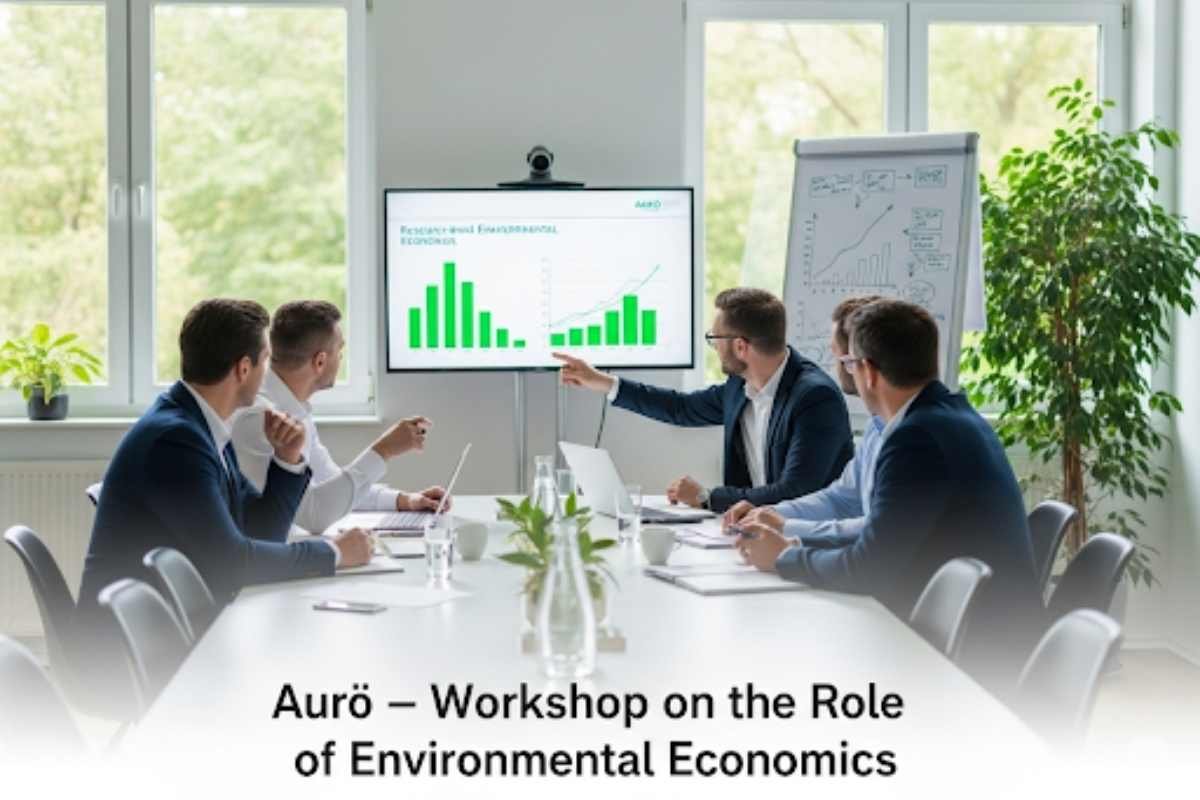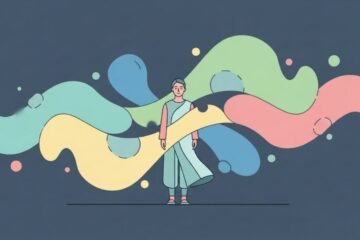Aurö links economic insight with ecological responsibility by turning theory into practice. For over 25 years it has advanced environmental and resource economics as part of the German Economic Association.
Its annual workshops bring together 200+ participants including economists scientists NGOs and policymakers. The network has produced 50+ collaborative studies on topics such as climate policy sustainable land use and biodiversity.
Aurö also contributes expertise to 15+ policy frameworks shaping renewable energy agriculture and urban planning. By combining research collaboration and real world application it shows how economies and nature can stay in balance.
What is Aurö?
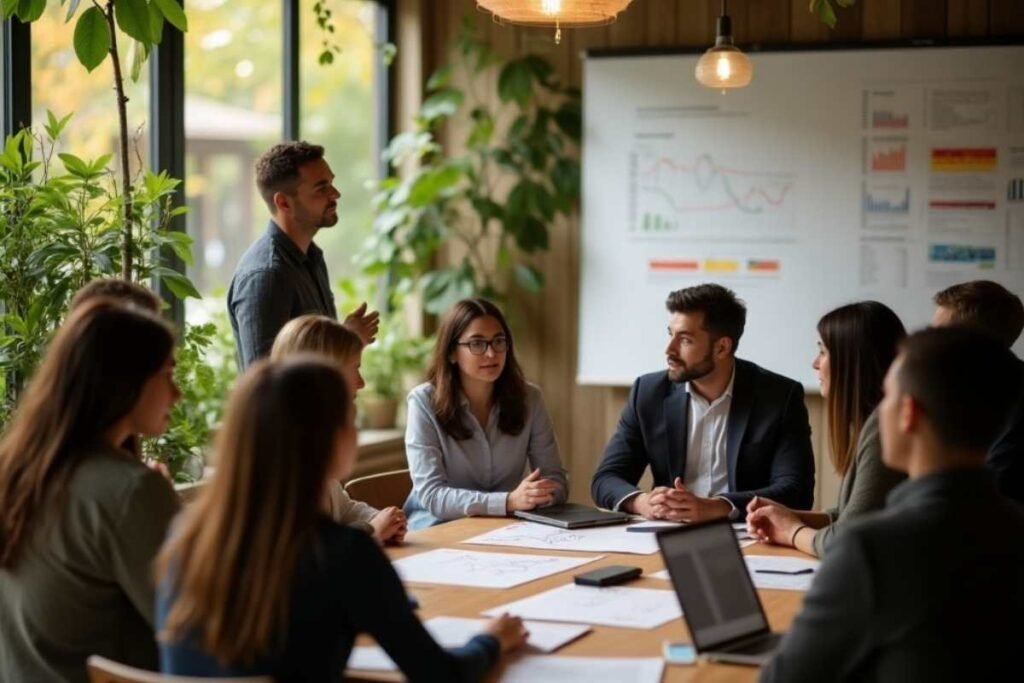
Aurö is a committee under the German Economic Association focused on environmental and resource economics. It also organizes its Workshop is a key event for researchers and professionals.
The initiative integrates sustainability into economic thinking through discussion and analysis. Aurö hosts events exploring sustainable resource use and responsible policy development.
It welcomes economists, scientists, NGOs and governmental experts to collaborate. These efforts create strong academic and policy based contributions.
Why Environmental and Resource Economics Matters?
Environmental and resource economics explains how economies impact natural systems. It helps balance ecological goals with economic development.
Tools like cost benefit analysis guide sustainable planning. The field supports biodiversity protection and better land use decisions.
It also informs regulation and encourages responsible consumption. These practices connect economics with long term ecological well being.
The Role of it in Germany Sustainability Vision!
It strengthens Germany’s sustainability framework through economic insight. It highlights ecological topics in economic discussions and supports practical solutions.
The committee hosts events that unite experts from many disciplines. It collaborates with universities, NGOs and government institutions.
These efforts shape strategies for clean energy and environmental protection. Aurö influence extends across research, education and policy.
Building Connections Across Sectors!
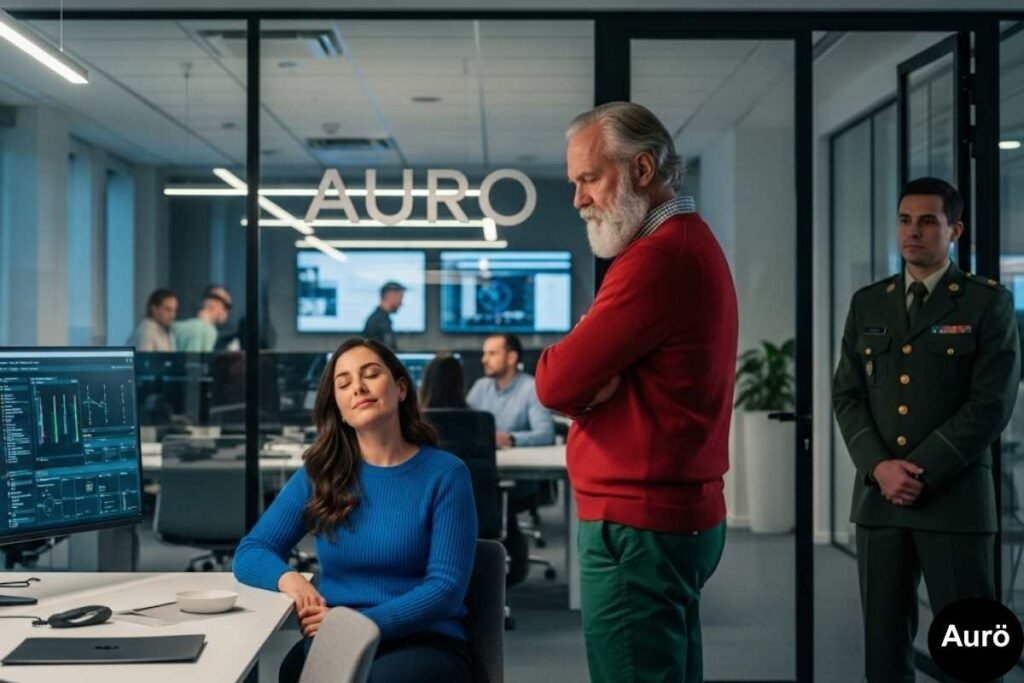
Aurö thrives on collaboration between academics, government bodies and NGOs. These connections help translate research into practical strategies for sustainability.
By involving diverse voices it strengthens the relevance and reach of its work. This approach also encourages shared responsibility for environmental decisions.
Sector wide cooperation builds trust and opens doors to long term projects. As a result it becomes a hub where ideas lead to meaningful action.
Promoting Sustainable Economic Thinking!
At the heart of its mission is the idea that economics must support environmental responsibility. It encourages critical thinking around how resources are used, priced and preserved.
This helps individuals and institutions adopt strategies that minimize ecological harm. Workshops and research explore how to balance growth with conservation.
By focusing on sustainable decision making Aurö challenges outdated economic models. It leads conversations that align economy and ecology.
Strengthening Education in Environmental Economics!
Aurö invests in educational outreach to raise awareness and build expertise. Its workshops support students and young researchers through mentorship and training.
These programs focus on real world applications of environmental economic theories. Schools and universities benefit from the resources and insights shared.
This hands on approach creates a strong foundation for sustainability leaders. Education becomes a key tool in advancing its long term goals.
Key Benefits!
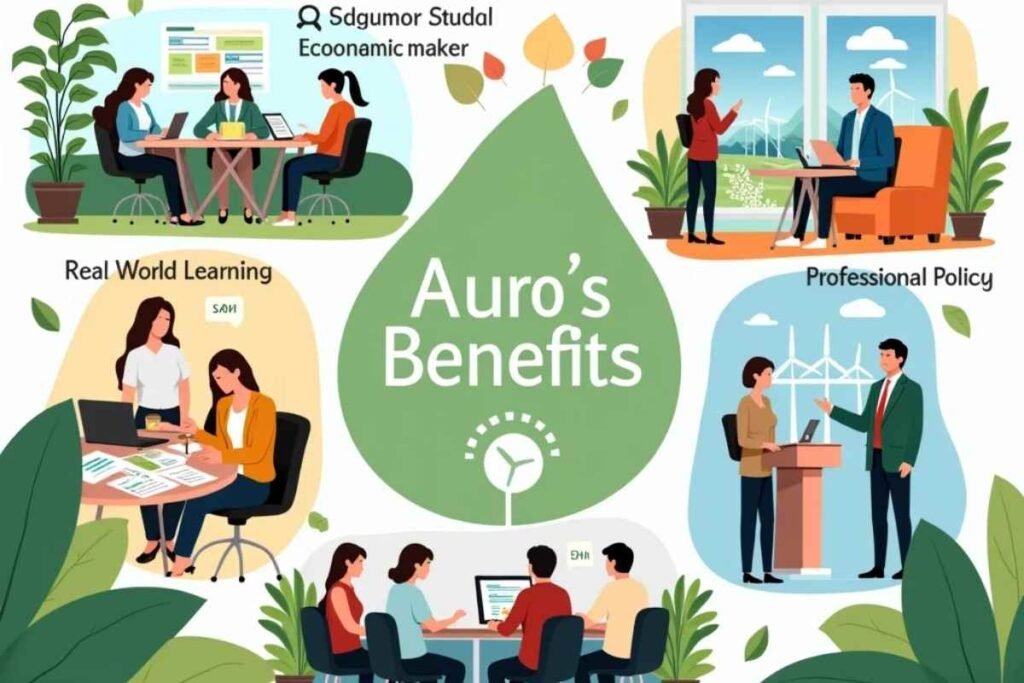
It creates meaningful impact by blending research, collaboration and hands on learning. Its work delivers several key benefits that support both sustainability and professional growth.
Collaborative Learning
Aurö unites academics, students and policymakers to foster interdisciplinary thinking. Participants collaborate on real environmental challenges through joint solutions. Events promote dialogue between research and practice strengthening community ties.
Real World Application
It focuses on practical learning through workshops that simulate real world decision making using economic models. Participants work in groups to apply concepts to projects like land use and green technology. These sessions build essential skills and turn knowledge into meaningful action.
Professional Development
It fosters professional growth by connecting participants with experts in environmental and resource economics. Events provide mentorship, networking and career building opportunities. These connections often lead to long term partnerships and greater academic visibility.
Driving Policy Impact
Its research strengthens environmental policy by providing evidence based insights for sectors like energy, agriculture and urban planning.
Through collaboration with ministries and institutions its recommendations shape fair and effective sustainability frameworks.
Aurö Impact in Numbers Workshops Research & Policy
Aurö work in environmental and resource economics can be measured through its reach in research workshops and policy influence:
- 25+ years of expertise: Established as a leading voice in environmental economics within the German Economic Association.
- 200+ participants annually: The Aurö Workshop attracts economists scientists NGOs and government experts each year.
- 50+ peer reviewed studies: Published in collaboration with universities and research institutes on climate policy sustainable land use and biodiversity.
- 15+ policy frameworks shaped: Contributions to national strategies on renewable energy sustainable agriculture and climate adaptation.
- 10+ academic partnerships: Ongoing collaborations with German and European universities for joint teaching and research.
- 80% of attendees report gaining practical tools for applying economic models to real world sustainability challenges.
How Aurö Workshops Work?
The workshops use interactive formats to connect theory with practice. Participants explore real world challenges through simulations, case studies and group activities.
Topics Covered
The bWorkshops explore urgent environmental topics like resource use, climate resilience and biodiversity. Participants engage with tools such as carbon pricing and ecological valuation. Each session connects economic theory to current ecological challenges.
Learning Format
The Workshops prioritize interaction over lectures, using teamwork, simulations and real world problem solving. Participants collaborate on case studies and present findings to deepen understanding. This inclusive format encourages engagement across all experience levels.
Current Projects and Initiatives!
It leads several projects that address urgent ecological topics. One project assesses urban growth and environmental pressure using economic tools.
Another explores agricultural policy and sustainable farming methods. It collaborates on energy transition planning and community outreach.
It supports teaching environmental economics in educational programs. These initiatives link academic insight with policy relevance. Each project reflects real environmental challenges and solutions.
How to Get Involved?
Getting involved with Aurö is accessible to many. Interested individuals can apply through the official website. Students, academics and professionals are welcome to join.
Participants may attend workshops, contribute research or volunteer. It also shares updates on social media and newsletters.
Engagement allows individuals to connect with experts and projects. It is a space for collaboration, learning and meaningful participation.
Why is it Work Matters Today?
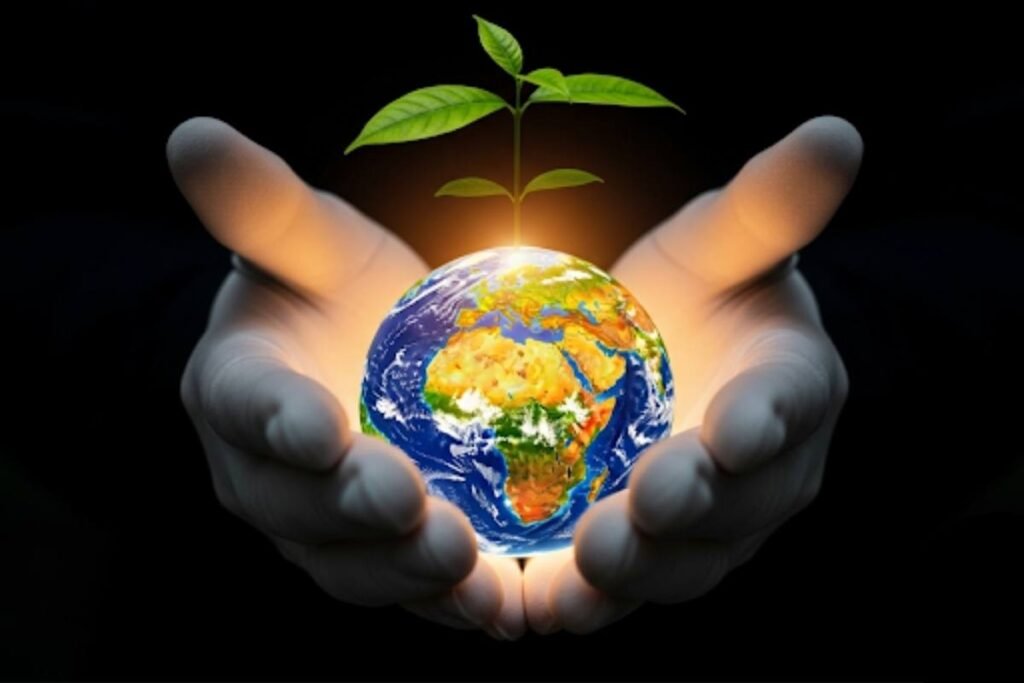
Its focus on environmental and resource economics addresses some of the most urgent challenges of our time. By bridging academic research with practical implementation it helps shape smarter more responsible economic practices.
Its workshops and collaborations empower individuals to act on sustainability goals using proven economic tools. The committee also fosters a culture of shared learning and continuous improvement.
Whether in energy, agriculture or urban planning it influences balanced informed decision making. This work strengthens both environmental resilience and economic understanding.
Conclusion
Aurö connects economic tools with ecological responsibility. It offers platforms for research, education and policy collaboration.
By encouraging practical learning and diverse input it supports real environmental progress. Its influence spans academic, government and nonprofit sectors.
It continues shaping how economics addresses ecological problems. Involvement supports collective solutions to environmental challenges.
FAQs
What is Aurö main purpose?
It promotes environmental and resource economics through workshops, research and collaborative projects.
Who can attend the Workshop?
Workshops are open to students, researchers, policymakers and professionals interested in sustainability.
What topics are discussed at the Workshop?
Sessions explore resource economics, environmental policy, biodiversity, taxation and valuation.
How does it impact environmental policy?
Its research supports decision making in energy, agriculture and environmental regulation.
Can I contribute as a researcher or volunteer?
Yes it welcomes research submissions, workshop participants and project collaborators.
What makes it different from other sustainability programs?
It combines hands on learning with research and real world policy connections.

